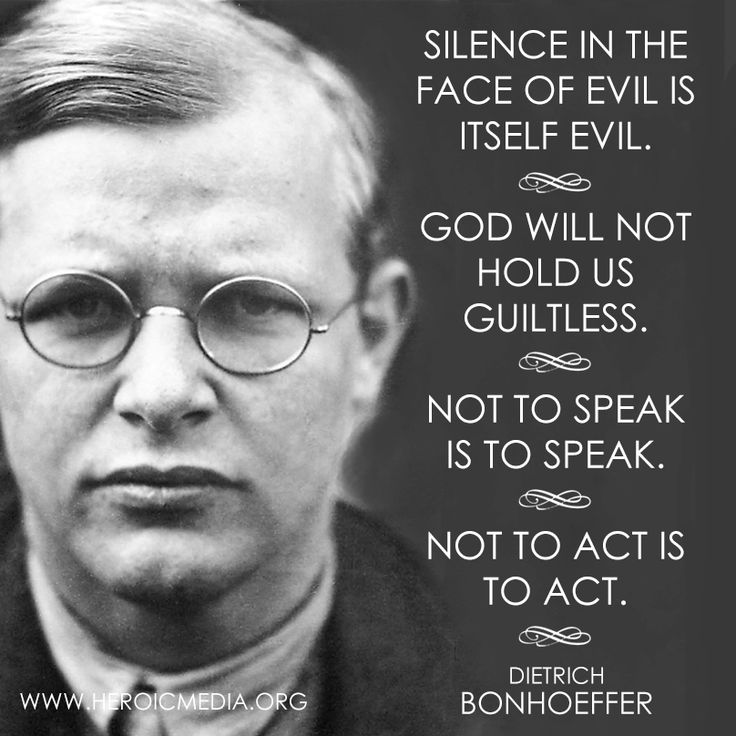Time to Revisit the Cost of Discipleship
 What we are seeing today in top level leadership is what happens when independent thought is discouraged—when top leaders make outrageous decisions, confident they have enough lemming supporters to subdue any resistance no matter how appropriate.
What we are seeing today in top level leadership is what happens when independent thought is discouraged—when top leaders make outrageous decisions, confident they have enough lemming supporters to subdue any resistance no matter how appropriate.
Insecure leaders want assurances of loyalty beyond the vows or oaths taken upon accepting their positions. They want personal loyalty. They are prepared to make examples of any who dare to say something as innocent as “Wait a minute. What are we doing? Is this a good idea? Is this what our supporters elected us to do?”
I’m not writing about leadership in Washington, D.C, I’m writing about the Church.
The type of leadership we are witnessing in Washington mirrors denominational leadership in some branches of today’s Church. We’ve lived it in the ELCA. We’ve read of similar events in other denominations.
All denominations have constitutions and bylaws. There is rarely a need to reference them. No real checks and balances exist. There is a huge chasm between the professional Christians the people who support them.
Rank and file clergy fear recriminations of “leading resistance.” No court wants to uphold church rules.
Expeditious but self-defeating.
Laity are raised to follow Christ. We are taught the sacrifices of Christ and the saints that followed. We are taught the same is expected of us. 2000 years of civilizing our religion, ironically leaves us vulnerable to our own internal inquisitions.
The usual prelude to any ecclesial decision, controversial or not, has pious words about prayerful discernment as the driving influence. Maybe so. Maybe it just deflects from the alternative facts and shady maneuverings that follow. Leaders, who might know better, calculate their political standing before deciding silence is golden.
Silence endangers the entire structure of church. Decisions are made with key factors being the needs of clergy as priorities. We hear the work of the FBI may now be compromised as FBI employees will surely weigh the impact of their actions on their ability to make a living. Often, congregational decisions are made with key factors being the impact on clergy.
In Washington, we need a patriot or two that can lead without considering the effect on their personal lives.
In the church, we need clergy to represent the gospel and the people they serve—their congregations—and not their career paths. Imagine this—a member of the clergy willing to sit up nights drafting a scholarly treatise enumerating the wrong directions the church is taking and posting ideas publicly—perhaps on the door of a prominent church (1517) or on the internet (2017). Incidentally, these types of actions are most effective when they come from within. Outsiders are too easy to ignore.
Dietrich Bonhoeffer, Lutheran minister, wrote The Cost of Discipleship as Germany inched toward disastrous policies. He would die eight years later in a concentration camp. Every catechism student should be urged to read it several times in their faith journey. But if leaders show no indication they understand grace comes at a cost, having lay leadership with passion will only cause trouble.
